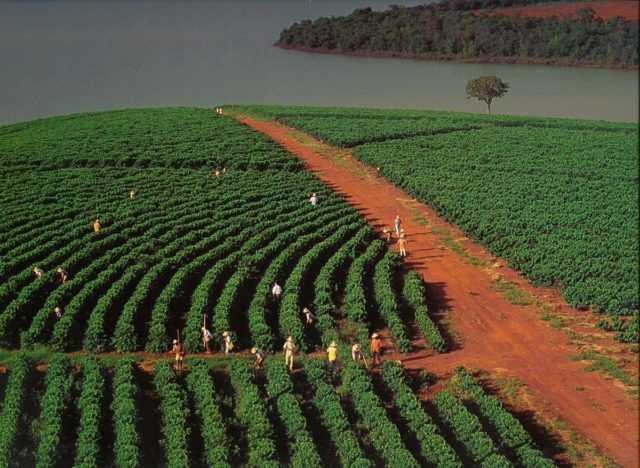The harvesting of arabica coffee from the 2016/17 crop was almost over in Brazil in the first fifteen days of the month.
According to Cepea collaborators, the quality and volume of grains in most regions surveyed were higher than last crop’s (2015/16).
This is attributed to favorable weather most of the season – only early in the harvesting, in June, rains in central-southern Brazil hampered field work and damaged the quality of grains that were being harvested and dried.
Although the volume this crop is higher than in the previous season, arabica prices were firm in the Brazilian market in the first half of the month.
Values were underpinned by sellers’ retraction – many of them only traded the lower-quality grains.
Rumors that blossoming in the next Brazilian crop of arabica would be damaged again ended up pushing up prices in that period – weather may damage the flowers opening in some regions.
Between August 31 and September 15, the CEPEA/ESALQ Index, type 6, hard cup or better (delivered in São Paulo city), increased 3.4%, closing at 502.93 BRL (152.13 USD) per 60-kilo bag on September 15.
Robusta
The Brazilian scenario of robusta coffee was still concerning in the first fortnight of September. According to collaborators, blossoming events should be more intense at coffee crops this time of the year.
Only one event could be observed in August in coffee crops near the shore of Espírito Santo and in the irrigated crops of Rondônia.
Growers from Espírito Santo and Rondônia were focused on the crops that still suffered with the high temperatures and lack of rains.
Although it was too soon to tell, agents indicated that the 2017/18 robusta crop may be damaged again, even if it rains, based on the condition of coffee trees in that period – rains would help to improve the condition of coffee trees, but they would not be able to recover completely.
In that scenario, supply was reduced and prices, on the rise, reaching new daily records in real terms.
The CEPEA/ESALQ Index of robusta type 6, screen 13 (Espírito Santo), rose 2.1% between August 31 and September 15, at 430.95 BRL (130.35 USD) per 60-kilo bag on September 15.


















